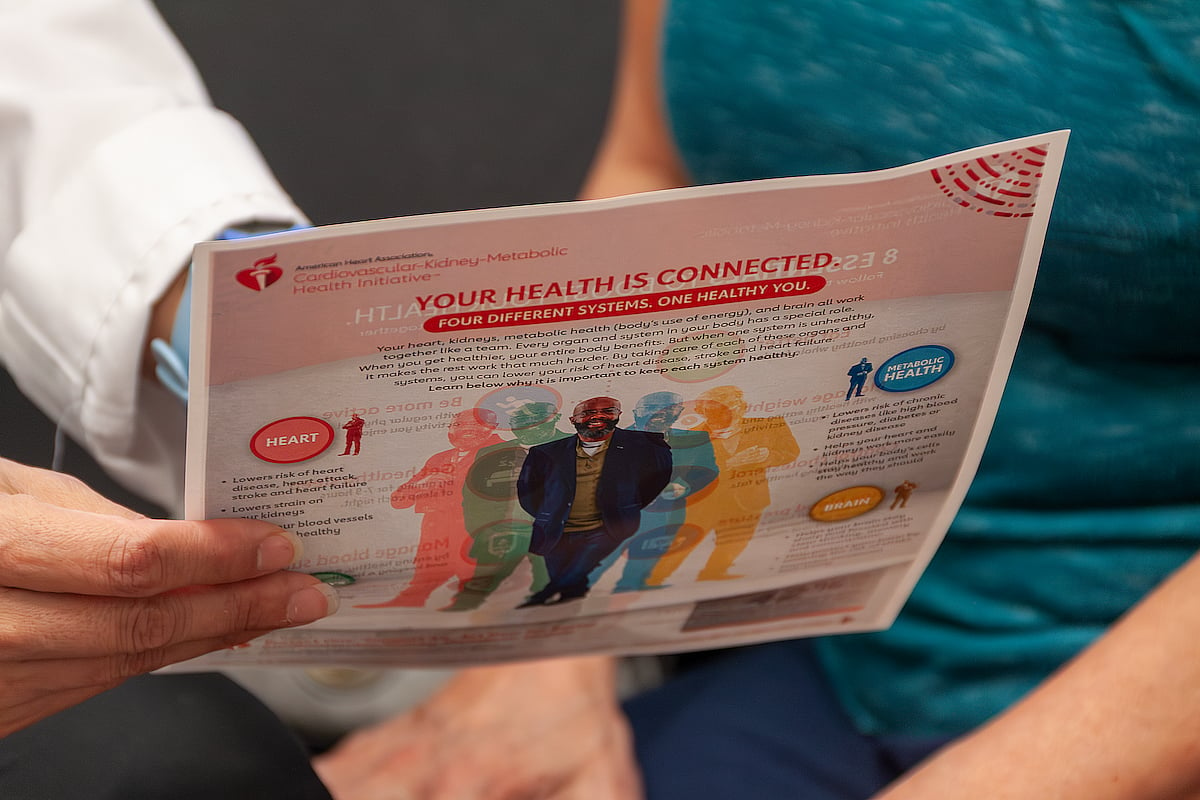
Two widely available diabetes medications appear to safely improve brain health among people with early brain decline. The diabetes drug empagliflozin (Jardiance) and an insulin nasal spray both showed promising effects on memory, brain health and blood flow to the brain, researchers recently reported in the journal Alzheimer’s & Dementia. “Our study suggests that targeting… read on > read on >






























